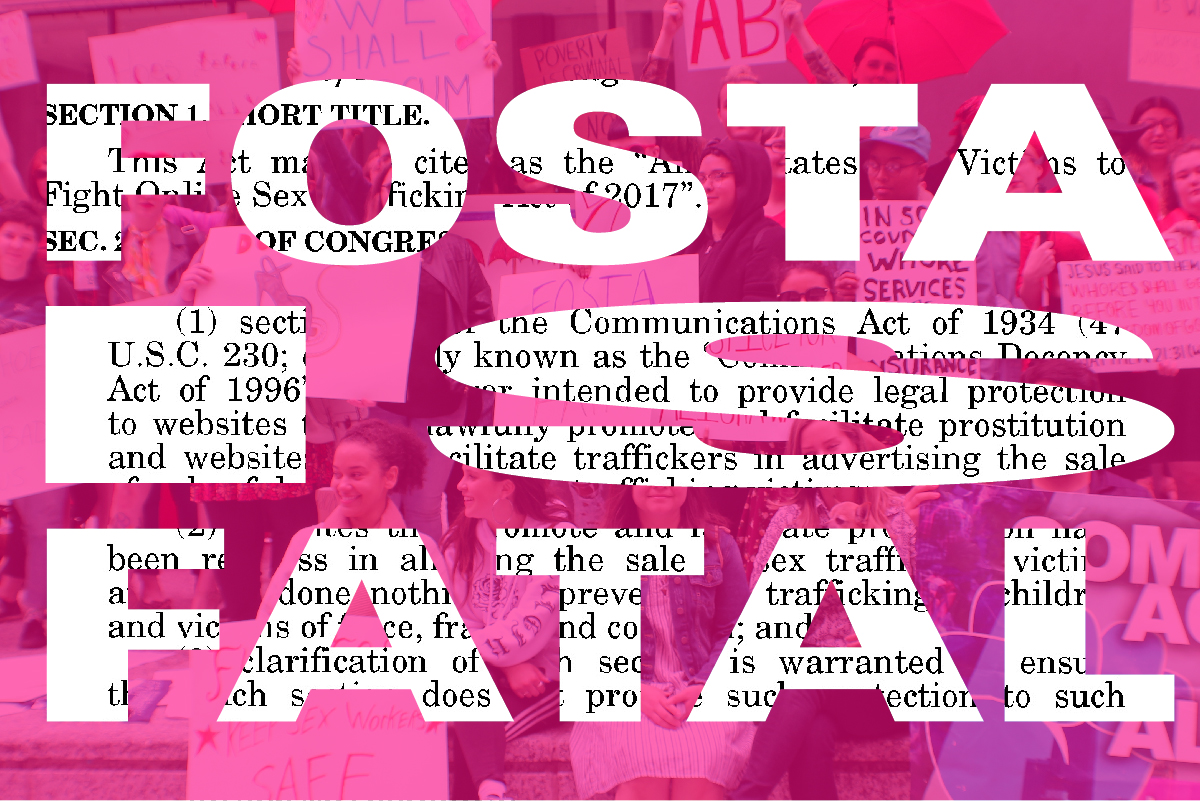
There is no lack of opinions on the state of internships today. Many cultural leaders, such as Ford Foundation President Darren Walker, have highlighted the inherent inequity of unpaid positions as a necessary step in professional development. Additionally, interns themselves often speak out. A 2013 case with SONY ended in a £4,600 settlement to an intern who the company argued was a volunteer – despite working full-time-employee hours –and was thus not entitled to compensation for their labor. Though not completely solved, much if the issues around internship abuse are being addressed. For example, as of 2017, The College Art Association no longer allows interviews to be conducted in private hotel rooms. Though this applies to more than internship interviews, it begins to fold in the demands of the #MeToo movement and other narratives of internship abuse.
Internship abuse is a slippery term that moves its definition from outright verbal or physical abuse of an intern, to what some may consider an unfair system of unpaid labor for social or career capital. The rationale behind any internship is that the intern will gain valuable work experience with the added benefit of close mentorship and lower stakes. Granted, this can be a fantastic trade off and there are opportunities for paid internships and extra-institutional internships.
With the heightened awareness of internship abuse, in addition to the knowledge that the internship system may or may not be corrupt at its core, here are a few things to keep in mind:
1. Go to CAPX (for the love of GOD!)
There is very little (if anything) that CAPX doesn’t have you covered on. CAPX is showing up for your career development through courses, Expert Exchanges, and one-on-one advising. Giannella Ysasi Tavano (MA 2019), a Performance Programs intern at the MCA, noted that she has constant support from CAPX, as well as her supervisors at the MCA. Tavano is taking the Professional Practices course for credit and noted that internship abuse was covered in the course: “My advisor introduced themself and talked about the support they give to students in case they have any trouble. My advisor did illustrate some cases of abuse she has had with other students involved in internships, and told us to reach out to her in case anything like it or any case of abuse comes up.”
2. Find people who have had the same internship or similar one before you and ask them about their experience.
The best way to know what you’re getting yourself into is to ask someone who’s done it before. There is no shortage of students who have done internships on campus. If you don’t know where do start, check out the SAIC Internship Stories on the CAPX website. Kate Schutta, Director of CAPX, alongside her staff have created a treasure trove of interviews from past SAIC students who have done internships across the globe.
3. Be aware of your expectations.
If you know your expectations going into an internship, you’ll be able to ensure that you can advocate for your needs, let folks know what is working for you, and what needs improvement. Kaity O’Reilly (MA 2019) had a clear understanding of what she wanted out of an internship this summer. Her position as the development intern at the Hyde Park Arts Center is giving her insider access into how an arts nonprofit’s mission is carried out in practice. “I am personally and professionally interested in this type of arts administration work. So the opportunity to work firsthand on these types of programs, and learn how this organization runs internally, is an invaluable experience.” Additionally, O’Reilly notes the non-monetary benefits of the professional experience of interning: “Since I have only lived in Chicago a year, this is also an important opportunity for me to meet other peers and professionals in the city outside of the SAIC community to help me build my own network for when I graduate next spring. So, even though I won’t be compensated monetarily, there are other forms of ‘currency’ (for lack of a better word) I am receiving in exchange for my labor and time at HPAC.”







